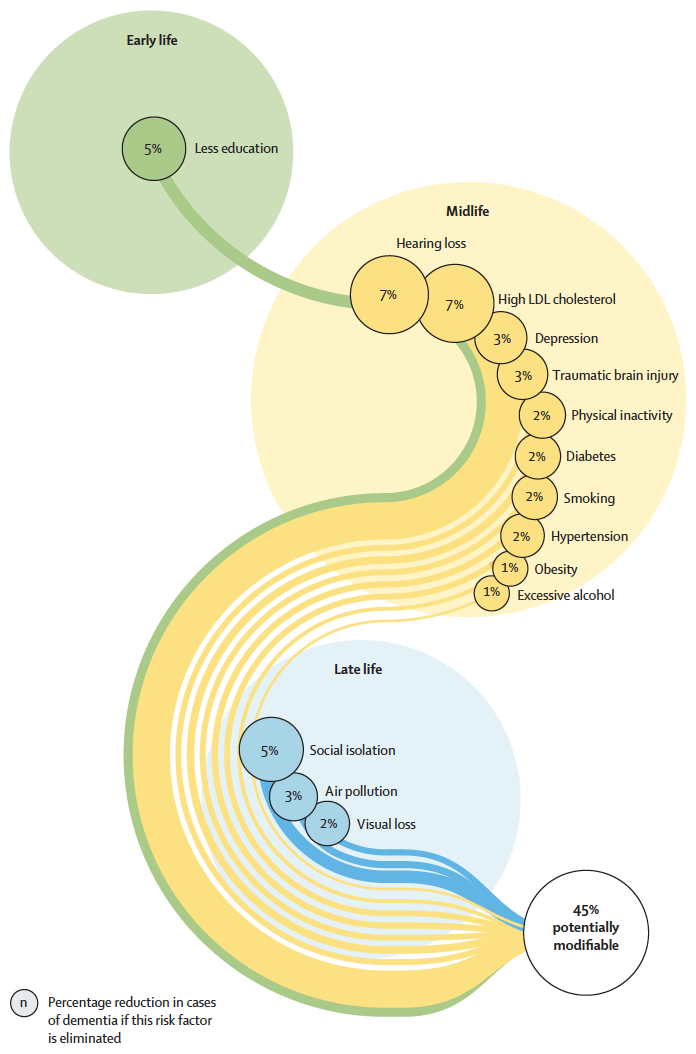
Dementia is one of the fastest growing public health problems we face. By 2030 close to 88 million worldwide will be diagnosed with some form of the disorder. Estimates suggest that dementia costs upwards of $800 billion dollars in the U.S. annually, 85% of which comes from family and social – not medical – care.
These statistics certainly seem dismal. What hope do we have for lowering our own risk for major memory impairment, let alone impacting on a global scale?
Take heart! Exciting new research shows that we can do something right now. Studies presented this month at the Alzheimer’s Association International Conference demonstrated strong support for a treatment protocol that reduced dementia risk by up to 60%. The same treatment also showed promise in those at high genetic risk. Even better, this new treatment is easy to access, affordable, and can readily be used across diverse populations. This new evidence builds on previous findings, confirming the tremendous potential of this treatment for changing the dementia trajectory, not only for us individually but also on a global basis.
It’s impressive, isn’t it? What is this new treatment?
It’s all about lifestyle. That’s it! No expensive pharmacological agent, no need to wait for the research to move from animal models in the lab to human trials. We know right now what we need to do to lower our own risk and stem the much-feared dementia epidemic worldwide.
Previous research going back decades has underscored the value of lifestyle to improving brain health. More recently, interventional studies such as the FINGER study as well as population risk analyses such as the Lancet Commission findings have confirmed the key role of lifestyle in reducing and modifying dementia risk.
Now, at least 5 new studies released at the AAIC meeting in Los Angeles again showed how incredibly effective a brain healthy lifestyle can be. In one study, Rush University researchers found that 4 out of 5 healthy lifestyle factors could reduce dementia risk by 60%. That “treatment”? Getting regular exercise, eating a healthy diet, limited alcohol intake, not smoking and engaging in cognitively stimulating activities. Further, they reported that adopting even just one of the lifestyle factors, no matter how many were practiced before, could cut dementia risk by an additional 22%. In a second study of approximately 200,000 persons, UK researchers found that a similar brain healthy lifestyle significantly reduced chances for developing dementia in those at high genetic risk.
As Maria Carrillo, Ph.D., Chief Scientific Officer of the Alzheimer’s Association, stated, “… a large body of research now strongly suggests that combining healthy habits promotes good brain health and reduces your risk of cognitive decline.” As a staunch, decades-long advocate of the power of the brain healthy lifestyle, I am proud that Total Brain Health is once again ahead of the curve, offering wellness-based interventions that give everyone affordable and sustainable ways to use this very science to improve their daily brain health habits.
Really, what more could we ask for? These studies, taken together, demonstrate strong proof that we can do something to lower our chances for dementia, no matter what our age, our current habits, or our genetic risk. And just like in the fairy tales, it is something we have had the ability to do all along.



